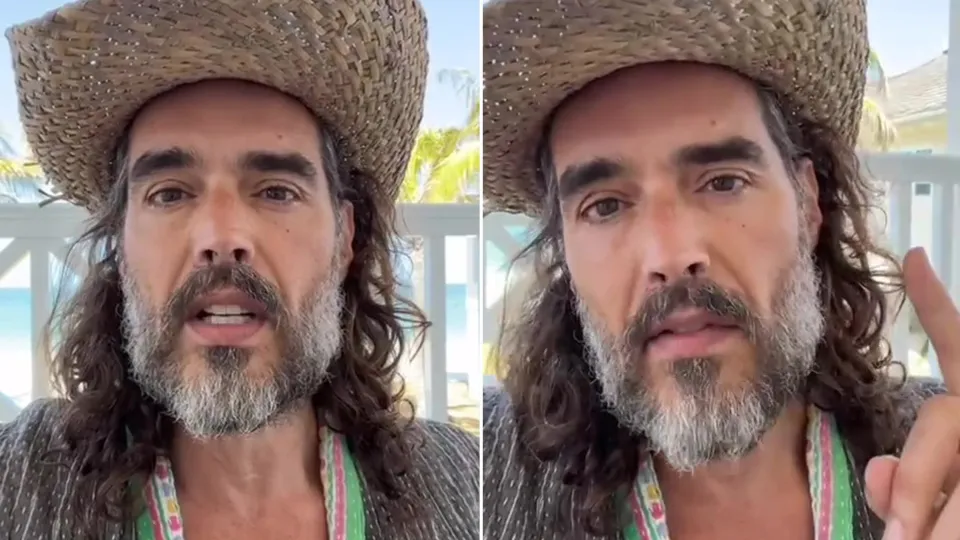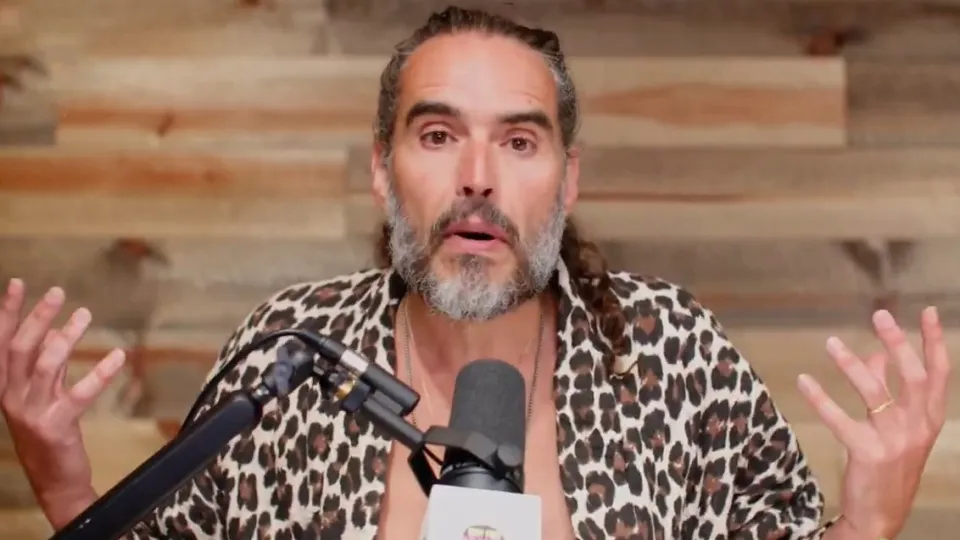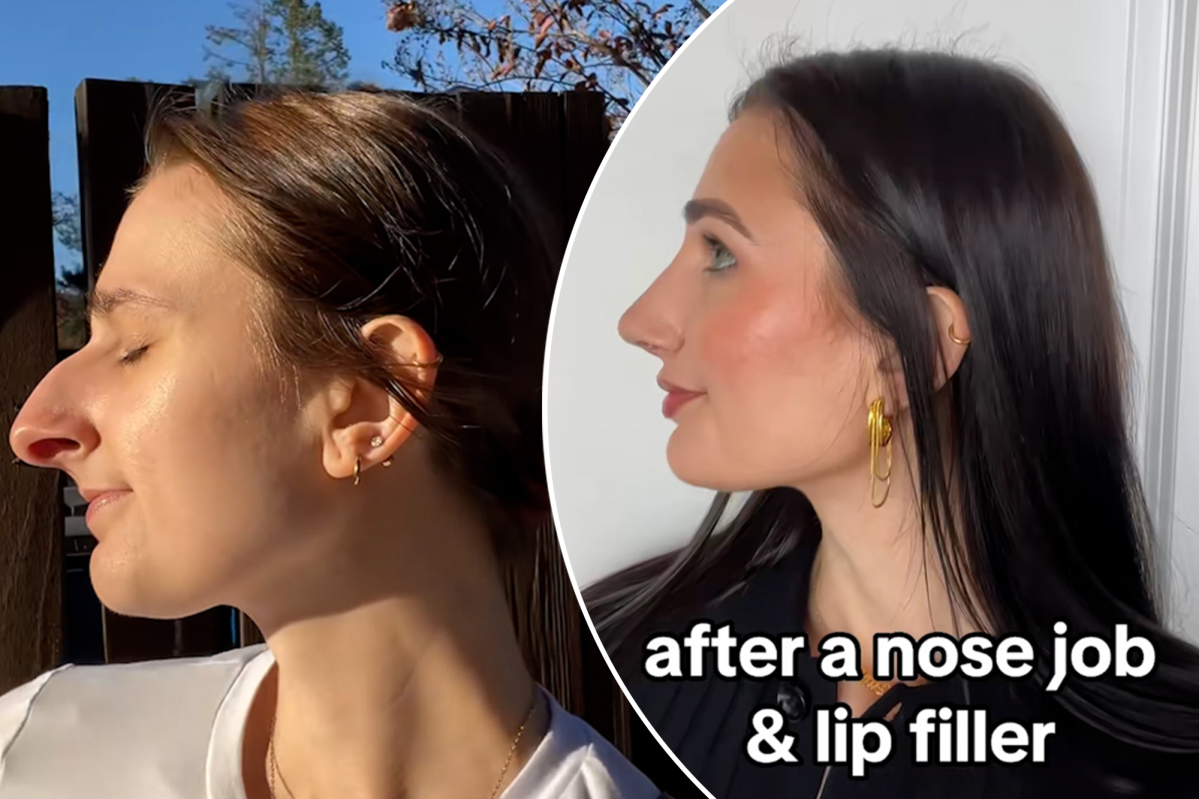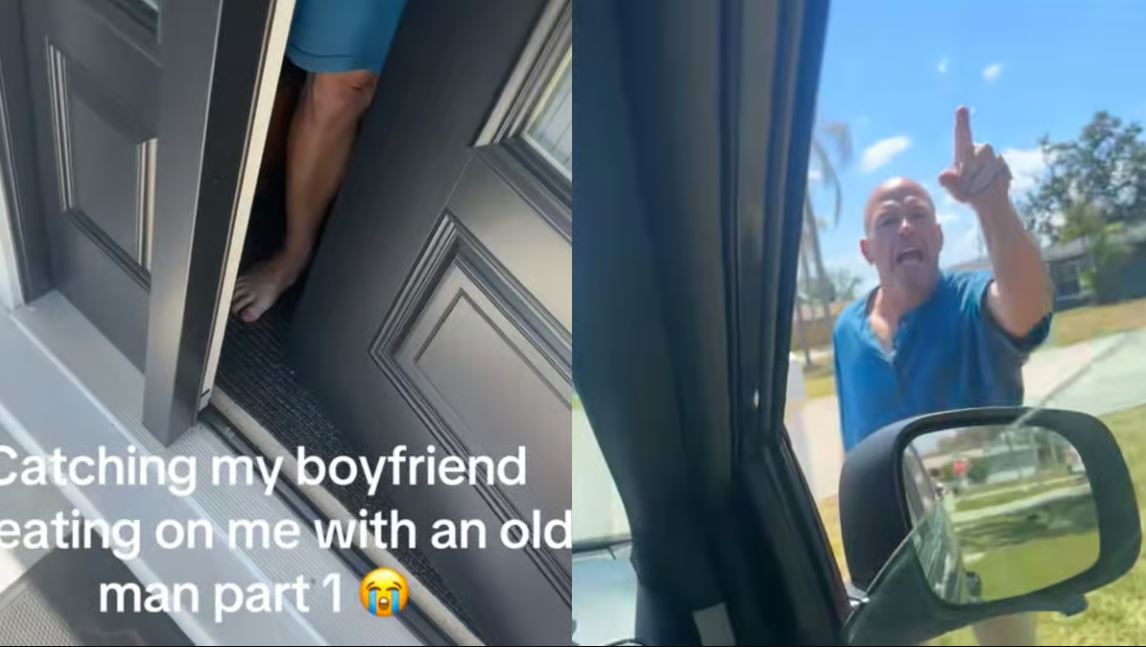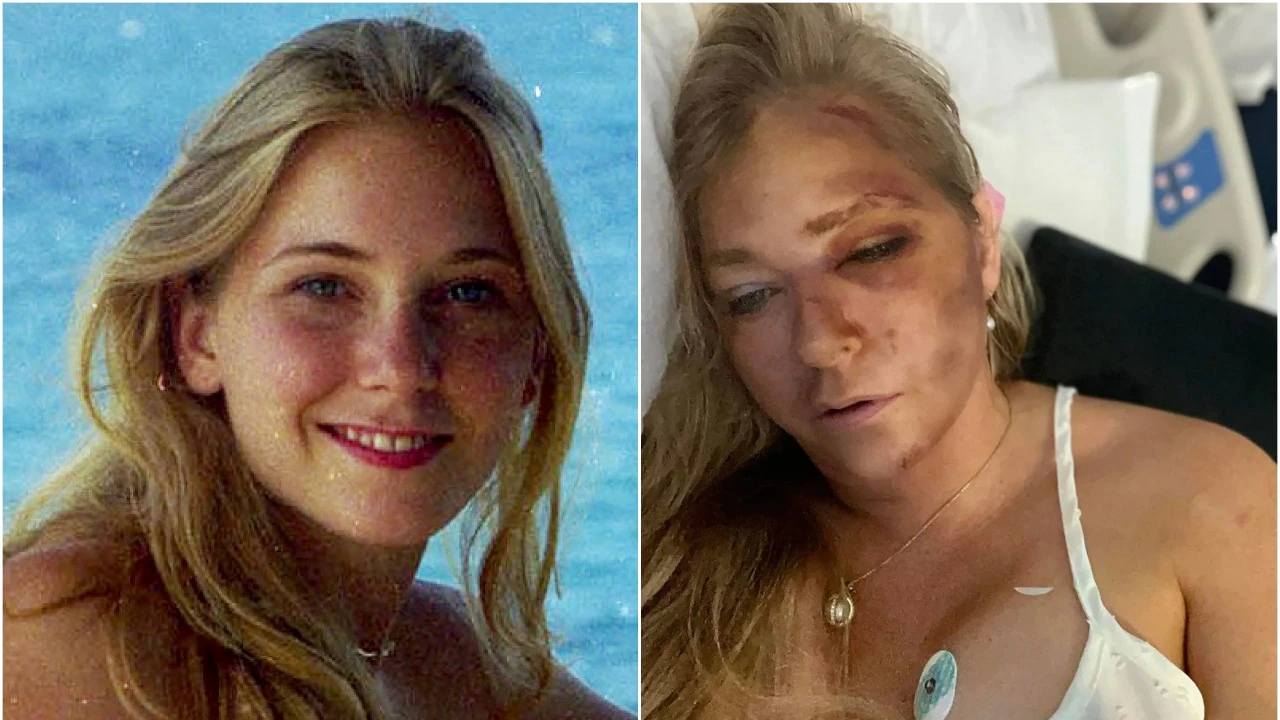Our bodies and minds are so efficient and startlingly proficient that we are able to completely forget just how incredible they are. There are plenty of tasks and missions that your brain does every single day without informing you once. Our body still does a butt load of stuff every day that science still has no clue about.
It is for these reasons that certain of the rarer and stranger illnesses humanity face seem so much more intriguing. It’s only when part of us goes really badly wrong that we realise we haven’t got the foggiest what’s going on inside us. There’s nothing quite like reading about a weird neurological disorder to remind ourselves how frighteningly reliant we are on that mysterious greyish mass between our ears.
The illness known as Anton—Babinski syndrome or, no less elaborately – visual anosognosia – is one such disorder. In short this syndrome causes people who are entirely blind to swear blind that they’re not blind.
Sufferers of visual anosognosia are completely and utterly unable to see, but because of some ropy wiring along the way they are totally convinced, despite crushing evidence to the contrary, that they have 20/20 vision.

This odd condition is rare, thankfully, and generally only occurs after a stroke or a substantial head injury. Before the stroke or injury the person will have standard functioning vision and after the event their sight will have disappeared but they seem to be blissfully unaware of it.
It’s often the case that the patient’s medical team and family don’t even realise the poor chap has gone blind until a few days after the event. This is how neurologist Macdonald Critchley describes why doctors initially miss the sufferers blindness:
This is not only because the patient ordinarily does not volunteer the information that he has become blind, but he furthermore misleads his entourage by behaving and talking as though he were sighted. Attention is aroused however when the patient is found to collide with pieces of furniture, to fall over objects, and to experience difficulty in finding his way around. He may try to walk through a wall or through a closed door on his way from one room to another. Suspicion is still further alerted when he begins to describe people and objects around him which, as a matter of fact, are not there at all.

As you can imagine, working out why Anton—Babinski syndrome happens is a bit on the tricky side. You’d think that you would work out you were blind fairly quickly; even if you were hallucinating behind darkened eyes, you would quickly work out what was real and what wasn’t when you slammed into a closed door face first.
Medical science has a couple of theories of what’s going on, but it is still, in part, guess work:
Damage to the visual cortex results in the inability to communicate with the speech-language areas of the brain. Visual imagery is received but cannot be interpreted; the speech centers of the brain confabulate a response.
Confabulation in this context is a pretty intriguing term and sort of shows your brain up for the tricky little beast that it is. Confabulation is where information is twisted and distorted in the minds of dementia and brain damaged patients. Confabulation is an extreme version of what our brains normally do without our say so. This type of lower level “normal” confabulation means that eye witness testimonies of events that happened far back in time are verging on useless. The person recounting their memories will swear they are telling the truth, and they genuinely believe they are telling the truth. Their brain, however, knows different.

As you can imagine, a disorder that is not understood can’t effectively be treated either. Most patients will undergo cognitive therapy and other patients steadily lose the delusion over time, but there’s no magic bullet to solve the problem yet. And, I guess there isn’t likely to be a whole lot of research carried out into a non-fatal disease that is rare and mostly effects the elderly. That’s the way the industry works and science has a fair few questions to keep itself busy at the moment.
My question is: would it be better to be blind and know about it than be blind but think you’re sighted? Tough call.

